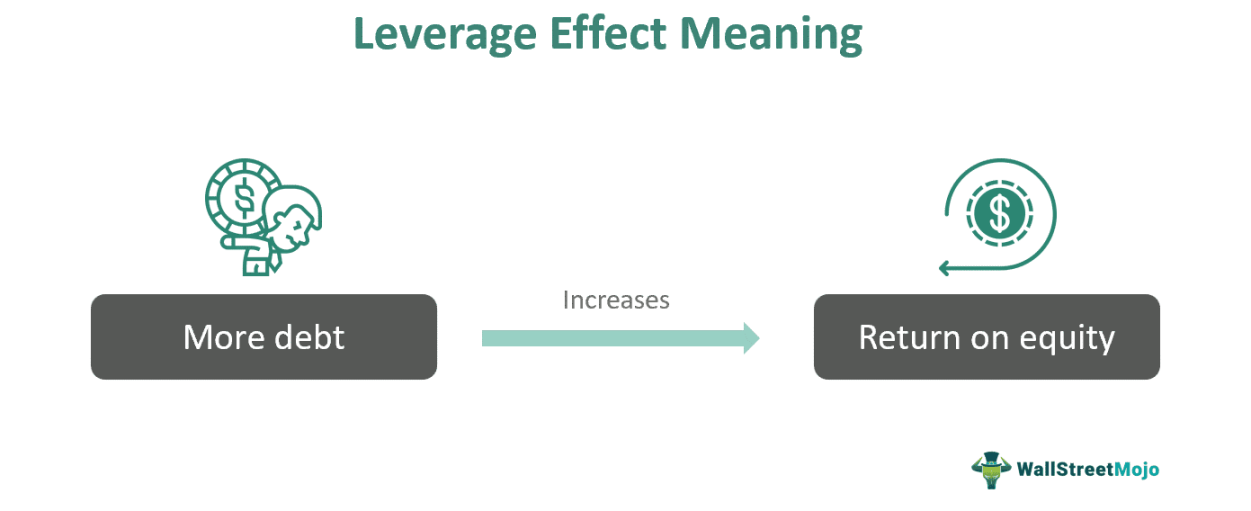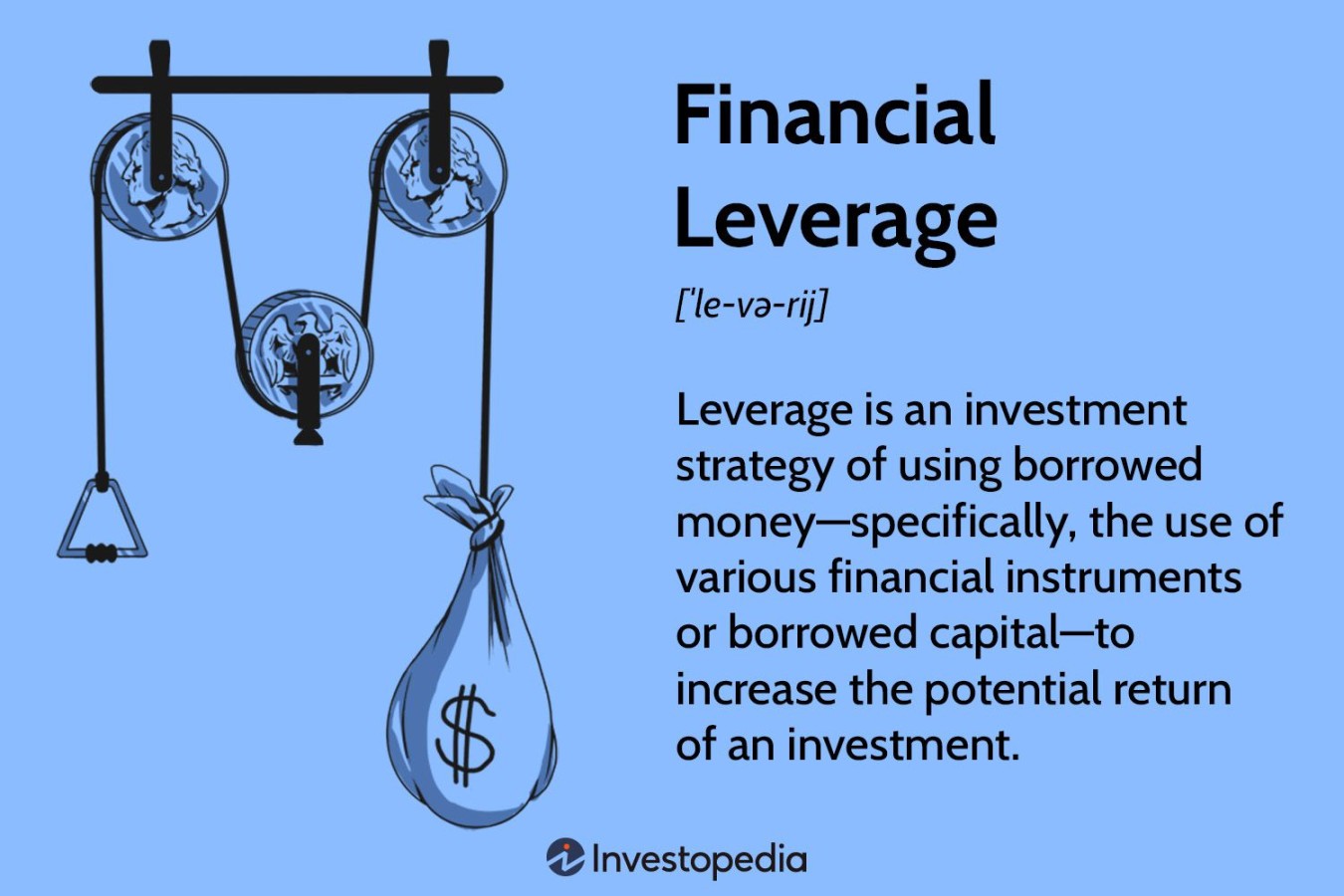Leverage Effects on Investments

Leverage: A Comprehensive Overview
In the realm of finance, leverage refers to the employment of debt or borrowed capital to magnify the potential return on an investment. By utilizing leverage, investors can potentially amplify their gains, but it’s crucial to acknowledge the associated risks. This article delves into the intricacies of leverage, its impact on investments, and strategies for employing leverage effectively.
Understanding Leverage: A Conceptual Framework

Leverage, in essence, involves using borrowed funds to augment one’s investment portfolio. This strategy can be particularly appealing when the anticipated return on investment exceeds the cost of borrowing. For instance, an investor with $10,000 could purchase a stock outright or borrow an additional $10,000 to purchase twice the amount of shares. If the stock price appreciates by 10%, the investor who employed leverage would experience a 20% return on their initial investment, compared to a 10% return for the investor who didn’t utilize leverage.
Quantifying Leverage: The Debt-to-Equity Ratio
To gauge the extent to which a company or an investor is employing leverage, the debt-to-equity ratio is commonly employed. This ratio is calculated by dividing a company’s total debt by its total equity. A higher debt-to-equity ratio indicates that a company or investor is financing a larger portion of its operations or investments with debt.
Leverage in Action: Applications and Implications
Leverage is a prevalent tool in both corporate finance and personal investing. Companies often utilize leverage to finance expansion, acquisitions, or other growth initiatives. Investors may employ leverage to magnify the potential returns on their investment portfolios. However, it’s essential to exercise prudence when using leverage, as excessive debt can heighten financial risk and potentially lead to insolvency.
Leverage and Investment Returns: A Double-Edged Sword
While leverage can amplify investment returns, it also magnifies potential losses. If the value of the underlying investment declines, the investor’s losses will be proportionately greater if leverage is employed. This is particularly evident in situations where the cost of borrowing exceeds the investment’s return.
Managing Leverage: Strategies for Prudent Utilization
Effective leverage management hinges on understanding one’s risk tolerance and aligning leverage levels accordingly. Investors should carefully assess their ability to withstand potential losses before employing leverage. Additionally, it’s crucial to diversify investment portfolios to mitigate the impact of any single investment’s decline.
Leverage and Risk Assessment: A Critical Consideration
Before incorporating leverage into investment strategies, investors must thoroughly evaluate the associated risks. This entails assessing factors such as the stability of the underlying investment, the potential for price fluctuations, and the investor’s capacity to manage debt obligations.
Leverage and Market Conditions: Navigating Economic Cycles
Economic cycles can significantly impact the effectiveness of leverage. During periods of economic expansion, leverage can amplify investment returns; however, in economic downturns, leverage can exacerbate losses. Investors should exercise caution when employing leverage during uncertain economic conditions.
Leverage and Individual Circumstances: Tailoring Strategies to Suit Investors
The appropriateness of leverage hinges on individual circumstances, including risk tolerance, investment goals, and financial situation. Investors should carefully consider their unique circumstances before incorporating leverage into their investment strategies.
Conclusion: Leverage as a Powerful Tool, Yet Demanding of Prudence
Leverage, when employed judiciously, can serve as a potent tool for enhancing investment returns. However, it’s crucial to recognize the inherent risks associated with leverage and exercise prudence in its utilization. Investors should thoroughly assess their risk tolerance, financial situation, and investment goals before incorporating leverage into their strategies. By carefully managing leverage, investors can potentially amplify their returns while mitigating potential losses.
Frequently Asked Questions (FAQs)
Leverage can potentially magnify investment returns, allowing investors to achieve greater gains with a smaller initial investment.
Excessive leverage can amplify losses, leading to significant financial strain if the value of the underlying investments declines.
Diversifying investment portfolios, maintaining a conservative debt-to-equity ratio, and thoroughly assessing risk tolerance are crucial for effective leverage risk management.
Leverage may be suitable for investors with a high-risk tolerance and a long-term investment horizon, particularly during periods of economic expansion.
Investors seeking to avoid leverage risk can consider strategies such as value investing, dividend investing, and index investing.


